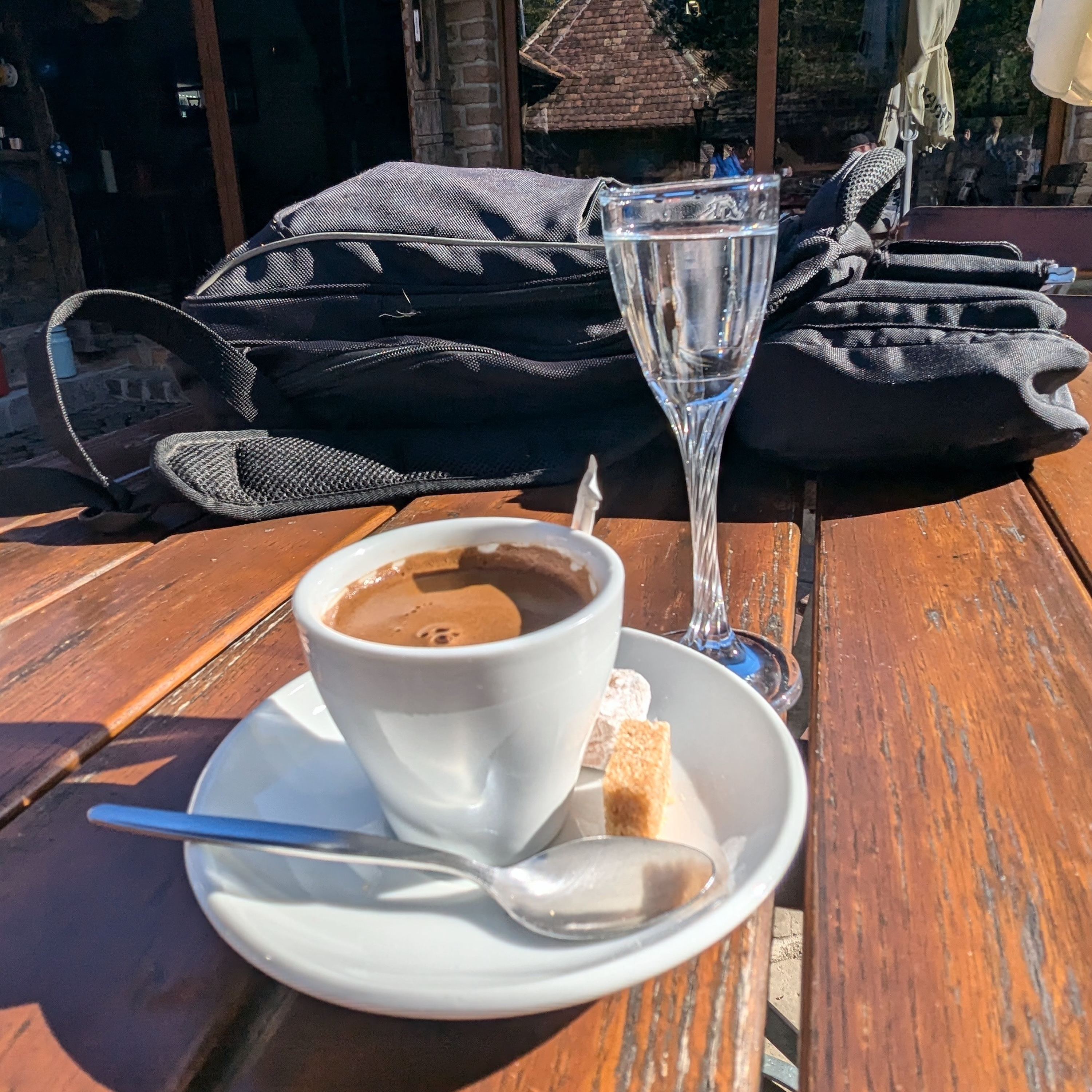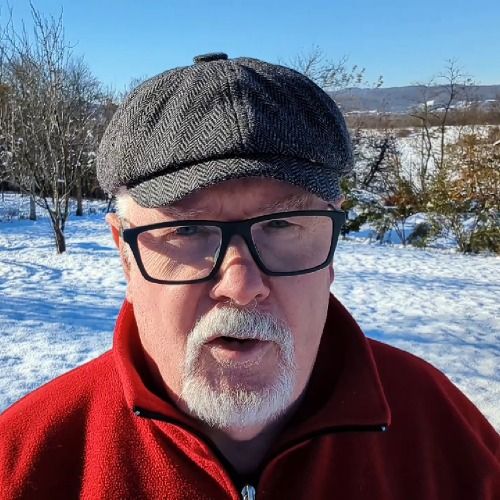The Future of Folklore in Bosnia and Herzegovina
In this episode of the podcast, ! we are delving into the vibrant world of folklore in Bosnia and Herzegovina, a country where culture and tradition play an essential role in its identity.
Dita Bajrami-Vrbanjac, the current Director of the folklore troupe based in Travnik, and passionate folklore enthusiast, explains the fascinating realm of Bosnian folklore.
In Bosnia and Herzegovina, each major ethnic group has its unique way of portraying and preserving folklore, making it a colourful tapestry of tradition. Dita, shares her profound connection with folklore that dates back 34 years. From her first encounter with traditional dances, she has become an integral part of her group, currently involved in directing.
The essence of Bosnian folklore lies in its ability to inspire and motivate, and for Dita, love is the driving force behind her dedication. The aspects of identity, expressed through traditional music, costumes, stories, and lyrics, are what fuel her passion to preserve and promote this cultural heritage.
However, in the face of modern technologies and changing lifestyles, there are challenges to the continuation of folklore. Younger generations, engrossed in social media and digital distractions, are becoming less engaged with this rich tradition. Thus, there is a need to work on instilling the value of folklore in young minds, as it is essential for understanding one's roots and cultural heritage.
Bosnian folklore is a unifying tradition that transcends ethnic boundaries. While there might be different ethnic groups, their folkloric traditions share common roots and elements, weaving together the diverse cultural fabric of Bosnia and Herzegovina.
The preservation of traditional costumes, intricate and handmade, poses a challenge as fewer skilled artisans remain to pass on this invaluable knowledge. Once the older generation of skilled costume makers fades away, the future of these unique costumes may be at risk.
Financial support is crucial in maintaining the cultural identity of the region. With government and local council funding, dance troupes can thrive and act as cultural ambassadors, showcasing Bosnian tradition to the world. Traveling to various locations and participating in folklore festivals helps to preserve and promote the cultural heritage of the country.
To encourage young individuals to actively participate in preserving and promoting folklore, Dita suggests joining a dance troupe or participating in activities that involve a team spirit. Such experiences not only provide opportunities to learn traditional dances but also instill valuable life skills and foster a sense of national pride.
In the end, the future of Bosnian folklore lies in the hands of those who genuinely love and cherish this cultural treasure. As the torchbearers of tradition, it is their responsibility to ensure its preservation for generations to come.
Thank you for being a part of our podcasting community, and we look forward to bringing you more exciting content in the future.
You can support my work, by maybe leaving a Tip or by becoming a member of our podcast family at: https://anenglishmaninthebalkanspodcast.com/support
Get full access to 🏴 An Englishman in the Balkans Blog 🇧🇦 at https://www.anenglishmaninthebalkans.com/subscribe
This is a public episode. If you’d like to discuss this with other subscribers or get access to bonus episodes, visit www.anenglishmaninthebalkans.com/subscribe
Mentioned in this episode:
Tamara Intro Tip




